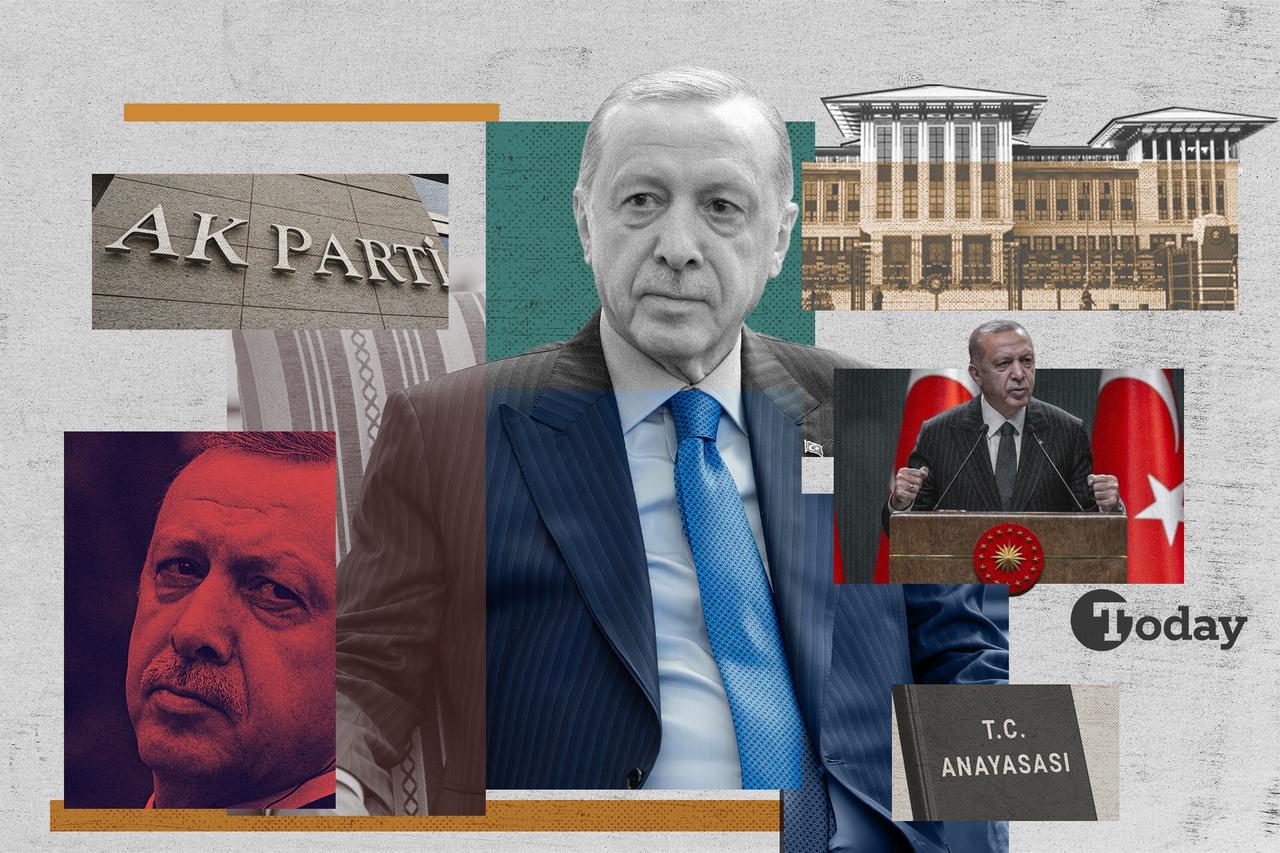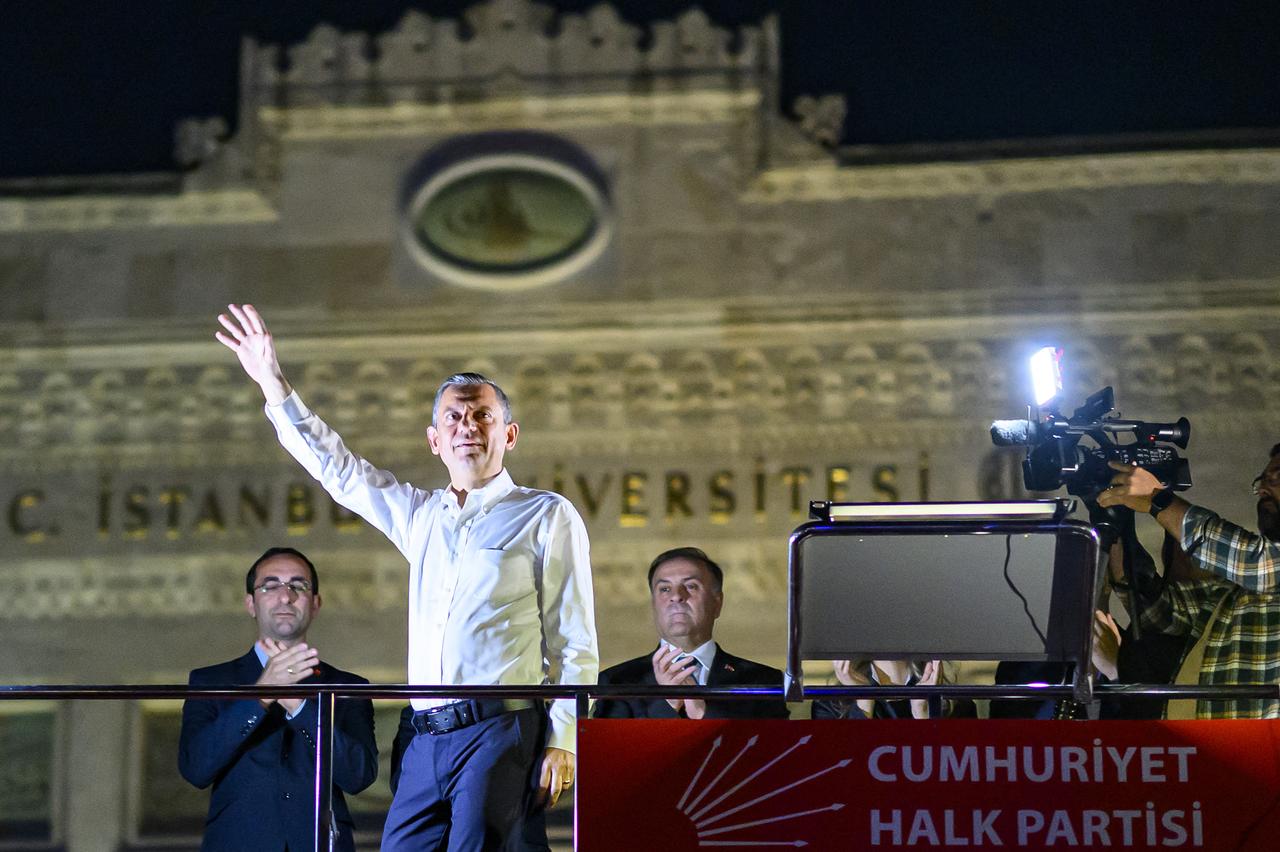
On May 14, President Recep Tayyip Erdogan set his sights on what his party officials are calling "almost unlimited authority" wielded by mayors across Türkiye, signaling a fundamental overhaul that critics view as the next battleground in the nation's ongoing cultural war.
In his address to his parliamentary group meeting, Erdogan laid out plans to redefine the very essence of local governance through amendments to Article 38 of the Municipal Law—a move that would dramatically curtail mayoral powers and shift the balance toward Ankara.
While a certain segment of nationalists on social media speculated about federative structures, particularly as the announcements coincidentally overlapped with the week of the PKK terrorist group laying down arms, the government's vision for municipalities appears to be moving in the opposite direction—toward a significantly more centralized framework.
The draft proposal includes establishing a new oversight mechanism for municipal expenditures. This structure would monitor and evaluate the entire revenue-expenditure balance of municipalities.
This monitoring body would also track whether spending follows priority rankings. Effectively, this means the central government could allocate budget to opposition municipalities for essential services like water treatment and waste collection while potentially zeroing out funds for cultural and artistic activities.
This move could represent a new front in Türkiye's ongoing battle for cultural dominance.

Party officials are floating a coordination model specifically targeting service delivery in distant metropolitan districts. The plan would centralize municipal services under provincial special administrations or governorships through a structure tentatively called the "Provincial Development Board."
Another focus targets municipal revenue structures, particularly in tourism-heavy regions where seasonal population surges drive up service demands while budgets remain fixed. The party officials argue that these budget allocations should reflect these periodic population shifts.
The reform also takes aim at municipal workers' strike rights, with discussions including potential prohibitions on strikes in critical service sectors or alternative mechanisms to prevent service disruptions when workers attempt to exercise collective bargaining leverage.
Urban transformation projects highlight the jurisdictional tug-of-war between central government and municipalities—a conflict that the government appears determined to resolve decisively in favor of the center.
Options under consideration include consolidating powers under central institutions like the Ministry of Environment, Urbanization and Climate Change, imposing sanctions on non-compliant municipalities, or even revoking their authority entirely, reducing mayors to mere implementers of plans determined in Ankara.
Erdogan framed these dramatic changes as a response to corruption, delivering a sweeping indictment: "The network of distorted relationships once thought to affect only certain political parties and politicians now extends from bureaucracy to business, media, certain religious communities, and intelligence organizations."
"The root cause," he continued, "is corruption in municipal administration and ineffective oversight mechanisms. This corruption can be seen in all municipalities."
The president made it clear that the proposed approach is system-centered rather than party-centered, but critics see the proposals as pointing toward a centralized development system similar to the Chinese —a dramatic restructuring of power that would fundamentally reshape Türkiye's governance landscape for decades to come.